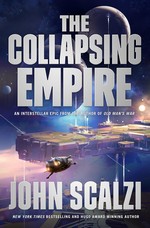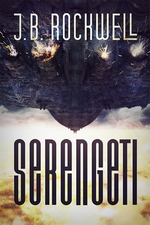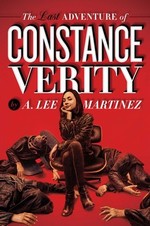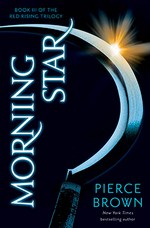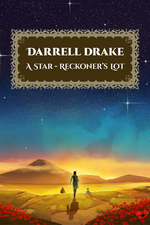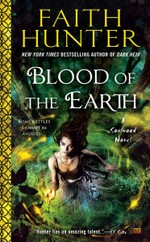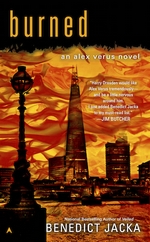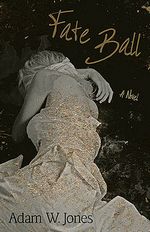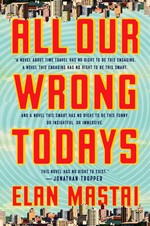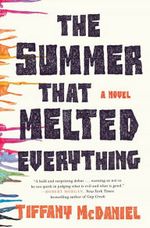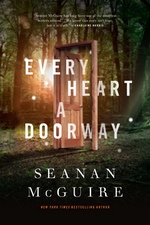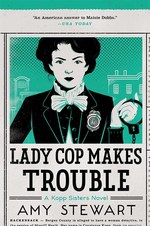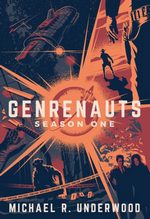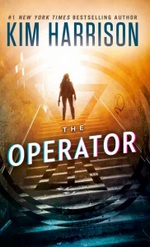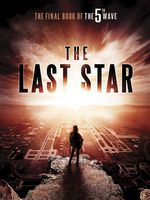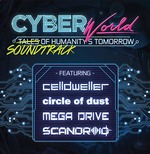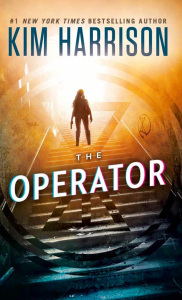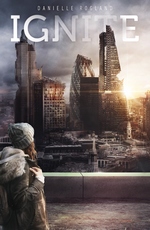 Ignite
Ignite
Kindle Edition, ? pg.
Inkitt, 2017
Read: March 2 – 4, 2017

Something pretty bad happened to the world (at least Europe) — we’re not really told what precisely, but it was fairly significant. From the rubble of society a man named Donovan raises and restores some order and stability — it doesn’t take long for him to become some sort of horrible despot, and becomes Emperor Donovan.
We come into New London some decades after this and meet a young pickpocket named Jacks. She’s been living on the streets for years now, after Donovan’s agents have killed her parents. She’s confident, scrappy and strong — but she knows her limits. One day, she’s trying to help some people from her neighborhood and encounters the legendary group The Flames. The Flames are known throughout New London (and further, actually) for standing against the Emperor and his agents. Where they strike, the leave burning candles behind — a symbol of hope — a literal light in the darkness.
Jacks can’t believe that she’s run into them and actually aids them. Slowly, she’s brought into their confidence and becomes one — just in time for The Flames to uncover a large new initiative about to be launched to eliminate Donovan’s enemies. The only question is: Are they too late?
In the midst of this, the Flames have to grow and evolve both as they bring Jacks into the fold, but as that results in secrets and weaknesses come to light. It’s not just Donovan’s troops that are a threat to the group, but problems from within could actually destroy The Flames. When Rogland is dealing with the relationships, the backstories and what those mean for the characters futures that she really shines.
We don’t get a clear picture just what makes Emperor Donovan worthy of being overthrown — other than bringing some sort of stability to the post-disaster world, we learn nothing about how he runs things as a whole. We do know that he’s horrible (at best) to the people that live and work in his household, and that he has his goons publicly execute dissenters. The Flames uncover an even worse solution that Donovan has for dissenters/protestors/rebels, too. But that’s all we’re given — I’m not saying that’s not horrible, but it’s not exactly a hugely oppressive general environment (that we know about).
The other thing we don’t know is how The Flames actually accomplish much — yeah, they have heart, they have a strategic whiz of a leader (I guess), and a heckuva computer guru — but beyond that, without getting into details, it’s hard to believe that the group you read about can be as effective as we are told they are. And really, we don’t know what The Flames (or any of their allies) are really for — we just know they’re anti-Donovan. But there’s nothing they’re rallying around, no principles, or guiding philosophy or anything.
Still, in the moment you don’t notice any of that much (if at all) — what you do notice is Jacks finding a place in the world — a place where she’s not alone, trying to scrape by. Rather, she has a family of sorts, people who care, people looking out for her, and who need her in return, people she can help. Moreover, she has a purpose, she’s part of something bigger than herself. I could say the same for most of the people in The Flames, actually. The flaws of the book fade into the background in the midst of the characters and their lives.
Could this book be better? Yeah — the plot, the internal logic, etc. could use some real work. But I’m not sure that Rogland could give us that while maintaining the experience of this book. Would I have preferred something more developed? Sure — but I really can’t complain about what we have here. It’s a very satisfying read, with a strong emotional hook, and that’s good enough for me. The ending begs for another volume or two, hopefully they’re forthcoming. But, unlike others of the type, it doesn’t demand a sequel, it could work as a stand-alone. I just hope it isn’t one.
Disclaimer: I received this novel from Inkitt in exchange for this post — thanks!
—–



